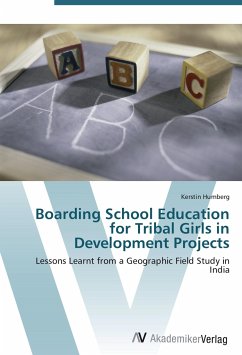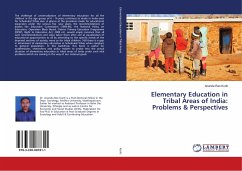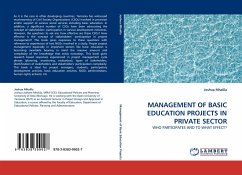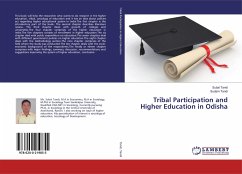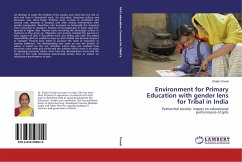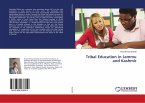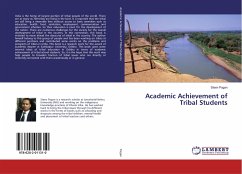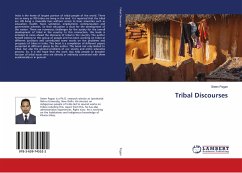Revision with unchanged content. Improving female education has become a major political goal in most developing countries, reflecting broad recognition that investment in girls' education can gear up social change and foster human development. However, female education is no panacea. To what extent educational benefits actually occur, largely depends on the cultural setting, gender relations and not least the type and quality of education. There is no doubt that formal school education can entail the perpetuation of societal structures or the alienation of indigenous children from their culture. Using a qualitative, human geography approach, this book analyses the impact of non-governmental boarding education on tribal women and their village communities in the Raisen District of Madhya Pradesh, India. The empirical study illustrates that tribal boarding houses can provide much more than mere access to schools. If well designed, girls' boarding education can trigger social and economic development without alienating students from their tribal background. This book is relevant reading for all decision-makers in development cooperation confronted with the challenge of girls' education in tribal areas.

